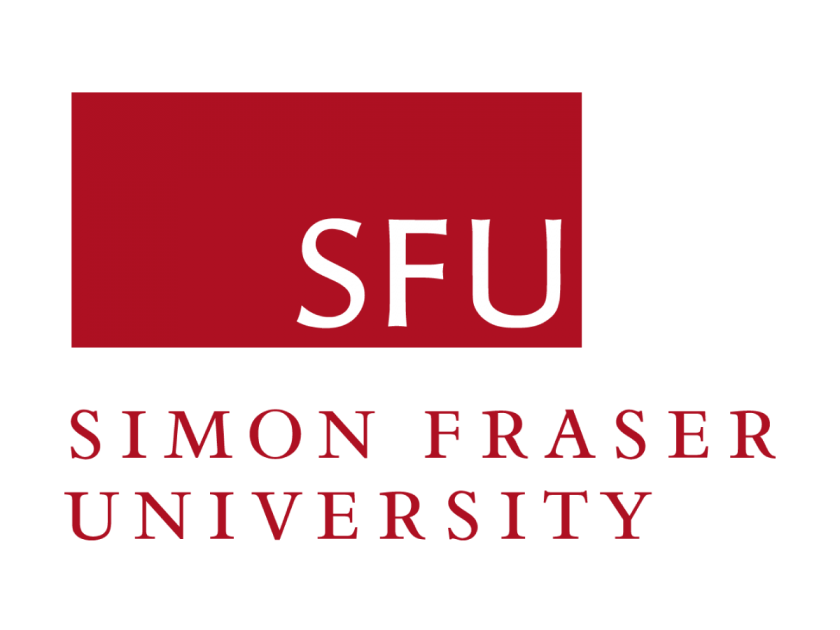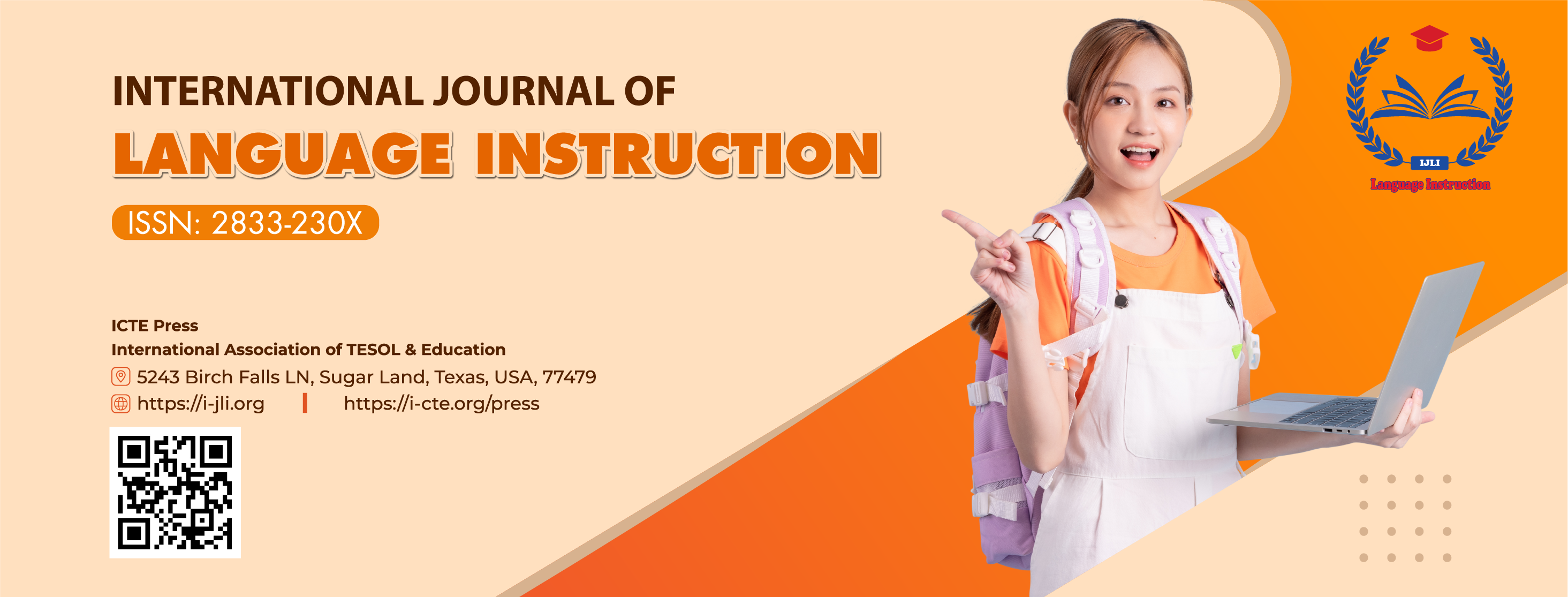Verbal instructional modeling: An intervention to improve students' perceived level of confidence in critical thinking skills
DOI:
https://doi.org/10.54855/ijli.23223Keywords:
critical thinking, modeling, Verbal Instructional Modeling, confidenceAbstract
Verbal instructional modeling is a concept put forward by Albert Bandura (1977) under Observational Learning which assumed that when certain explanations and descriptions were presented, learning was enhanced. This study banks on this concept and confirms whether Verbal Instructional Modeling helped improve the perceived confidence of Grade 10 students from a private school in the Philippines in terms of their critical thinking skills. The study made use of a practical action research design and used a 6-point Likert Scale Questionnaire. Employing convenience sampling, the researchers collected the data pre- and post-implementation, describing the perceived level of confidence of the participants before and after the intervention. The data was then analyzed and interpreted with the use of the T-test. The study's results confirmed that Verbal Instructional Modeling improves the respondents' perceived confidence level in their critical-thinking skills. Therefore, the researchers recommend continued use of Verbal Instructional Modeling in classroom interactions.References
Akbari, O., & Sahibzada, J. (2020). Students' self-confidence and its impacts on their learning process. American International Journal of Social Science Research, 5(1), 1-15. https://doi.org/10.46281/aijssr.v5i1.462
Aristovnik, A., Keržič, D., Ravšelj, D., Tomaževič, N., & Umek, L. (2020). Impacts of the COVID-19 pandemic on life of higher education students: A global perspective. Sustainability, 12(20), 8438. https://doi.org/10.20944/preprints202008.0246.v1
Bandura, A. (1977). Self-efficacy: Toward a unifying theory of behavioral change. Psychological Review, 84(2), 191–215. https://doi.org/10.1037/0033-295X.84.2.191
Castle Learning Inc. (2019, March 25). The Academic Benefits of Modeling. https://www.castlelearning.com/news/news-the-academic-benefits-of-modeling/
Coleman, M. (2020). Modeling Teaching Strategy Examples for English Language Learners. TeachHub.com.https://www.teachhub.com/teaching-strategies/2020/08/modeling-teaching-strategy-examples-for-english-language-learners/
Creekmore, E. (2019, January 28). The Power of Modeling - The Instructional Coach Academy. The Instructional Coach Academy. https://theinstructionalcoachacademy.com/index.php/2019/01/28/the-power-of-modeling/
Dasmo, D. (2020, June 10). Critical Thinking: Multiple Models for Teaching and Learning (abridged). Teaching With Writing: The WIC Newsletter. https://blogs.oregonstate.edu/wicnews/2017/11/29/critical-thinking-multiple-models-teaching-learning/
Demirdag, S. (2019). Critical Thinking as a Predictor of Self-Esteem of University Students. Alberta Journal of Educational Research, 64(4).
Do, N. H. M., & Le, Q. T. (2023). Lexical Collocation Errors in Essay Writing: A Study into Vietnamese EFL Students and Their Perceptions. International Journal of Language Instruction, 2(2), 1–20. https://doi.org/10.54855/ijli.23221
Fahim, M., & Eslamdoost, S. (2014). Critical Thinking: Frameworks and Models for Teaching. English Language Teaching, 7(7). https://doi.org/10.5539/elt.v7n7p141
Frerejean, J., Van Strien, J. L., Kirschner, P. A., & Brand-Gruwel, S. (2018). Effects of a modelling example for teaching information problem-solving skills. Journal of Computer Assisted Learning, 34(6), 688–700. https://doi.org/10.1111/jcal.12276
Gavilan-Martin, D., Merma-Molina, G., Baena-Morales, S., & Urrea-Solano, M. E. (2022). Critical Thinking and Effective Personality in the Framework of Education for Sustainable Development. Education Sciences, 12(1), 28. https://doi.org/10.3390/educsci12010028
Gopal, R., Singh, V., & Aggarwal, A. K. (2021). Impact of online classes on the satisfaction and performance of students during the pandemic period of COVID 19. Education and Information Technologies, 26(6), 6923–6947. https://doi.org/10.1007/s10639-021-10523-1
Khavanin, A., Sayyah, M., Ghasemi, S., & Delirrooyfard, A. (2021). Correlations Between Critical Thinking, Self-esteem, Educational Status, and Demographic Information of Medical Students: A Study from Southwestern Iran. Educational Research in Medical Sciences, 10(1). https://doi.org/10.5812/erms.116558
Lipscomb, A. Swanson, J. & West, A. (2010) Emerging Perspectives on Learning, Teaching and Technology, Global Text, Michael Orey. Chapter 21. Retrieved from https://textbookequity.org/Textbooks/Orey_Emergin_Perspectives_Learning.pdf
Richardson, M. (2018). Building Self-confidence and Critical Thinking Skills. www.aitd.com.au.https://artofmentoring.net/wp-content/uploads/2017/03/Building-Self-Confidnce-and-Critical-Thinking-Skills-AITD-mag-April-2016.pdf
Riches, A. (2019, April 9). Effective teacher modelling. Retrieved from https://www.sec-ed.co.uk/best-practice/ effective-teacher-modelling/
Salisu, A., & Ransom, E. N. (2014). The Role of Modeling towards Impacting Quality Education. International Letters of Social and Humanistic Sciences. https://doi.org/10.18052/www.scipress.com/ilshs.32.54
Shore, K. (2019). The Student with Low Self-Esteem | Education World. https://www.educationworld.com/a_curr/shore/shore059.shtml
Singh, H. (2022, February 4). Teaching Modeling. Harappa. https://harappa.education/harappa-diaries/modeling-in-teaching/
Teklu, S. W., & Terefe, B. B. (2022). Mathematical modeling analysis on the dynamics of university students animosity towards mathematics with optimal control theory. Scientific Reports, 12(1). https://doi.org/10.1038/s41598-022-15376-3
Verma, E. (2017). Self-confidence among university students: An empirical study. International Journal of Applied Research, 3(7), 447–449. https://www.allresearchjournal.com/archives/2017/vol3issue7/PartG/3-6-8-908.pdf
Phan, M. N. V. (2022). EFL Teachers' Perceptions of the Implementation of Active Learning in Reading Classroom. International Journal of Language Instruction, 1(1), 65–85. https://doi.org/10.54855/ijli.22117
Wilson, K. J., Long, T. M., Momsen, J. L., & Speth, E. B. (2020). Modeling in the Classroom:
Making Relationships and Systems Visible. CBE- Life Sciences Education, 19(1), fe1. https://doi.org/10.1187/cbe.19-11-0255
Yasmeen, G. G. (2008). Action Research: An Approach for the Teachers in Higher Education. Turkish Online Journal of Educational Technology, 7(4), 46–53. http://files.eric.ed.gov/fulltext/EJ1102937.pdf
Downloads
Published
Issue
Section
License
Copyright (c) 2023 Adeva Jane Esparrago-Kalidas, Edralin Manla, Xenia Jo B. Agot, Leila Cashmire A. Blanco, Nicole A. Carrasco, Mark Rey O. Frasco

This work is licensed under a Creative Commons Attribution 4.0 International License.
The copyright of all articles published in the International Journal of Language Instruction (ijli) remains with the Authors, i.e. Authors retain full ownership of their article. Permitted third-party reuse of the open access articles is defined by the applicable Creative Commons (CC) end-user license which is accepted by the Authors upon submission of their paper. All articles in the ijli are published under the CC BY-NC 4.0 license, meaning that end users can freely share an article (i.e. copy and redistribute the material in any medium or format) and adapt it (i.e. remix, transform and build upon the material) on the condition that proper attribution is given (i.e. appropriate credit, a link to the applicable license and an indication if any changes were made; all in such a way that does not suggest that the licensor endorses the user or the use) and the material is only used for non-commercial purposes.
Authors are able to enter into separate, additional contractual arrangements for the non-exclusive distribution of the journal's published version of the work (e.g., post it to an institutional repository, in a journal or publish it in a book), with an acknowledgment of its initial publication in this journal.











